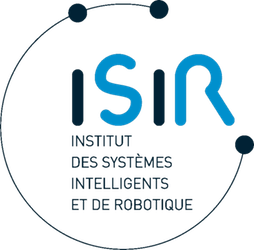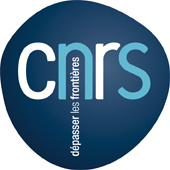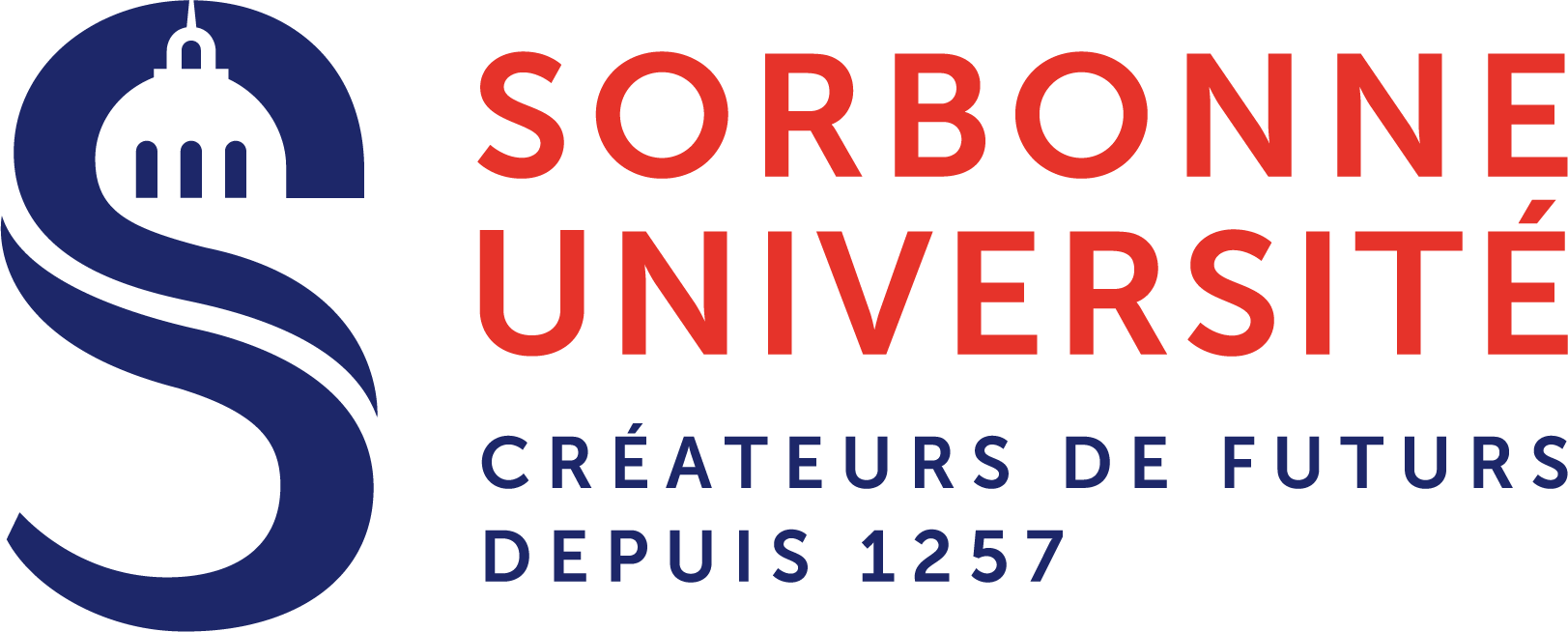Cooperative Interfaces: Theory, Model, and Applications

People involved
Julien Gori
Abstract
In cooperation, two or more agents divide a task, each agent being responsible for a role or part in it.
However, this division of labor can be imposed on a participant and there may not need to be a negotiation about who does what.
Cooperative interfaces are intelligent agents that change user interfaces in order to assist humans in their tasks.
Known examples of cooperative interfaces are autocorrection, pointing facilitation, and menu adaptation.
Such instances have not been described under a unified theoretical framework.
In this project, we develop a computational theory of cooperative interfaces based on a game-theoretic approach, which allows a principled understanding of cooperative intelligence as well as programmatic solutions to realistic applications. Partially Observable Stochastic Games (POSG) are generic mathematical representations of dynamic interactions between two or more decision-makers.
We also work on a library called [CoopIHC](https://jgori-ouistiti.github.io/CoopIHC/branch/dev/), as well as various applications of the model.


